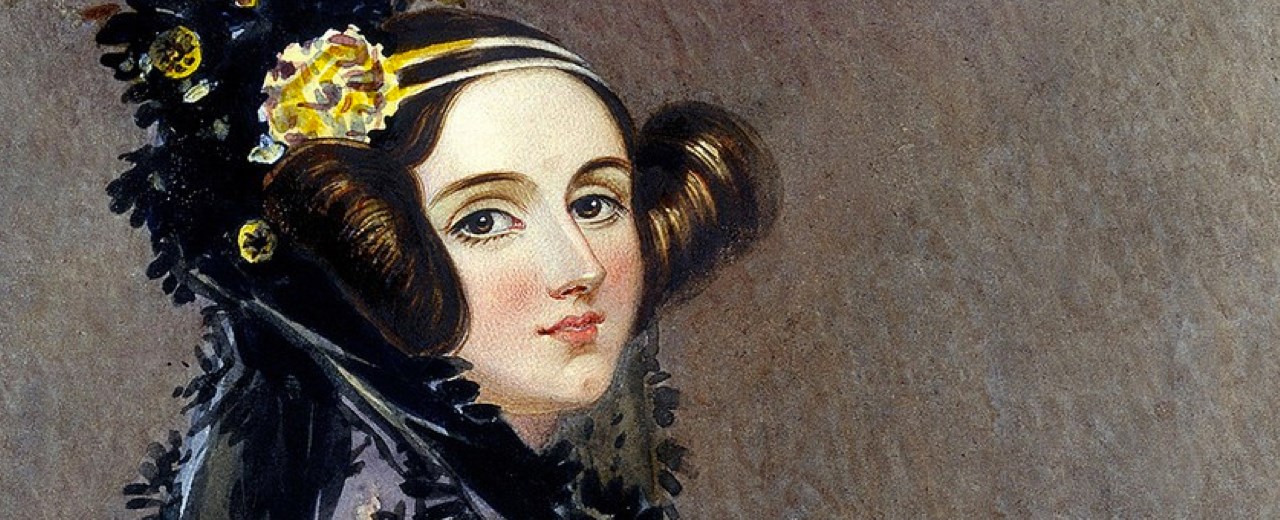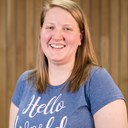Unfortunately this document and her work attracted no attention during her lifetime. In addition to her impact on Turing’s work, her notes were extensively republished in the 1950s and in 1980 the US Department of Defense named their new computer language “Ada” in her honour.
Don’t be like Ada
It goes without saying that having Ada’s impact on the world is something for us all to aspire to. What’s unspeakably sad though, is how her work went undiscovered for a hundred years — something that feels all too common with what we see today, where women have to have their ideas voiced by men for them to be heard and where our gender is all-too-often viewed as something that makes us less capable.
While it doesn’t come naturally to any of us to talk about the amazing things we do, we need to try. Rather than ascribing our achievements to “being lucky” (something I’m guilty of myself), we need to be proud of our hard work and shout about it from the rooftops. If you’re not comfortable doing that, then do it for the other women around you — it can be easier to highlight the achievements of others than it can be to talk about ourselves.
Rather than worry about losing our seat at the table to other brilliant women, we need to put a ladder down and help other women get to where we are, and beyond. Having a support network to help you in this can make all the difference. There’s so many groups out there, from Lean In to smaller groups focused on specific niches on Facebook that can be avenues that you can turn to for encouragement and inspiration.
At She Does Digital we’re keen to draw attention to the brilliant women working in digital and the great work they do as well as the broad spectrum of roles available within our sector. We’d like to encourage you to take five minutes today to think about Ada, your own achievements and those of the women around you. If you don’t feel up to talking about something you’ve achieved recently, then get onto social media and highlight someone you feel deserves to be recognised for their work.


